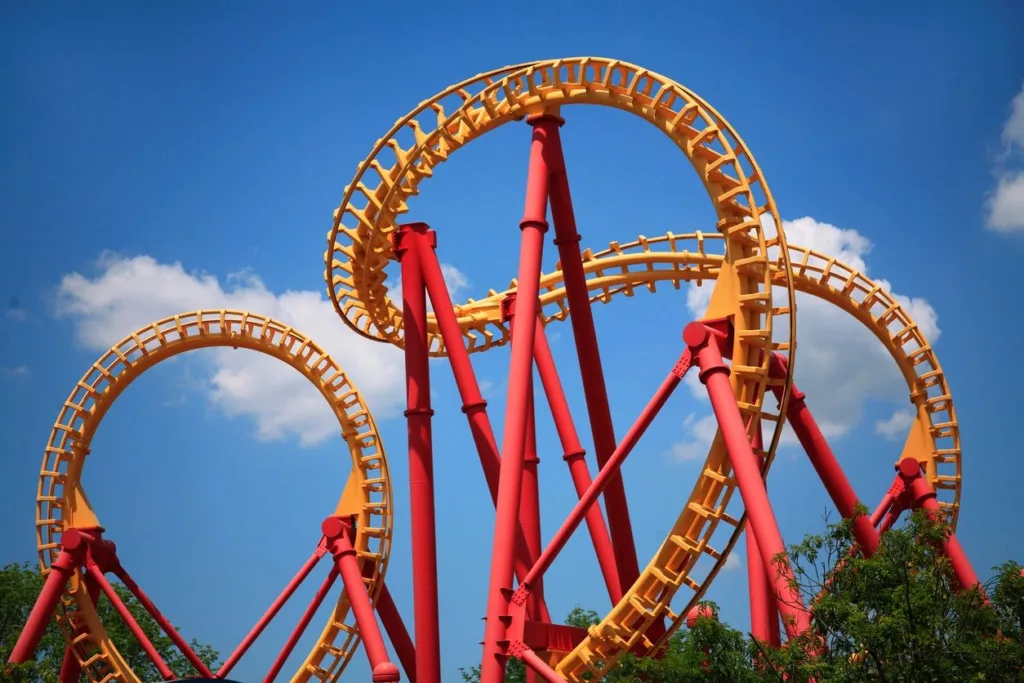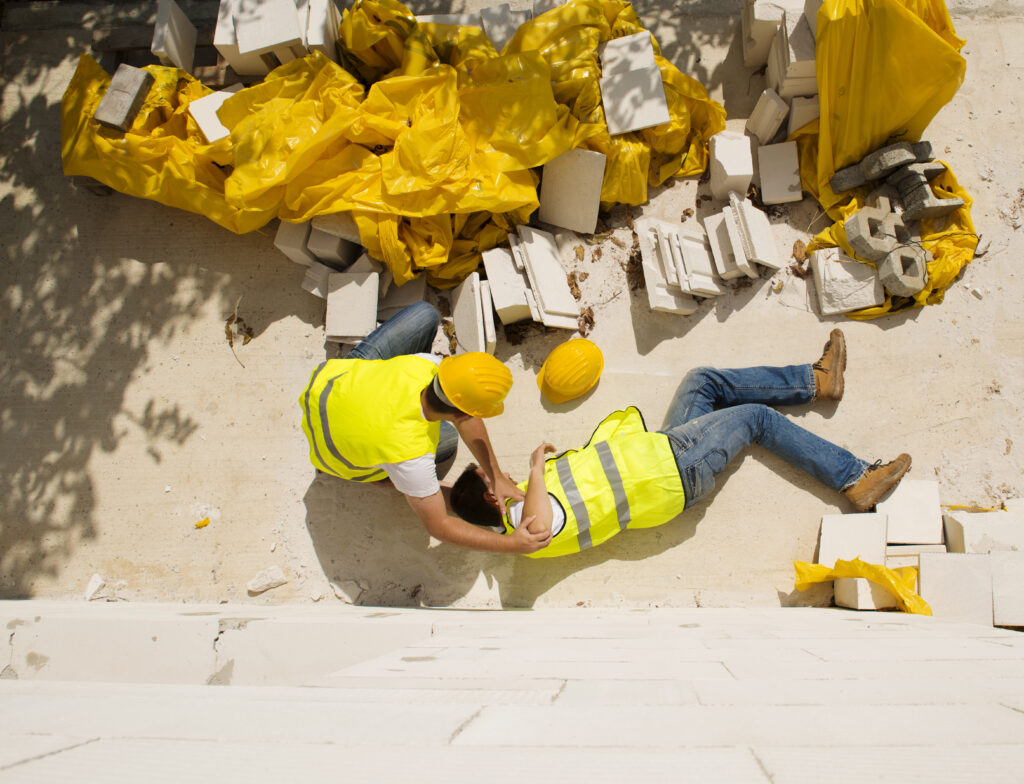Common Causes of Personal Injury in Theme Parks: What You Need to Know
Florida is known for its wide array of theme park offerings. These parks are popular destinations for individuals and families seeking exhilarating rides, entertaining shows, and a memorable experience. While most visits to theme parks are safe and enjoyable, accidents and injuries can occur due to various factors. Understanding the common causes of personal injury in theme parks is essential for visitors to stay informed and take necessary precautions to ensure their safety. In this article, we will explore some of the key causes of personal injury at theme parks, as well as provide insights on what visitors need to know to stay safe.
Slip and Fall Accidents:
One of the most prevalent causes of personal injury in theme parks is slip and fall accidents. These accidents can occur due to wet or slippery surfaces, uneven walkways, or poorly maintained areas. Theme parks often have water rides, splash zones, and restaurants where spills can happen. Additionally, inadequate lighting and insufficient signage can contribute to falls, especially during the nighttime or in indoor attractions. Visitors should remain vigilant, watch their step, and report any hazardous conditions they encounter to park authorities promptly.
Mechanical Malfunctions:
Theme park rides draw crowds with their thrilling and adventurous experiences. However, mechanical malfunctions can turn these attractions into potential hazards. Accidents can happen due to ride operators’ negligence, poor maintenance, or manufacturing defects. Amusement park owners have a legal responsibility to ensure all rides are properly inspected, regularly maintained, and meet safety standards. It is crucial for visitors to be observant and report any signs of malfunctions or abnormal behavior of rides to park authorities immediately.
Negligent Hiring and Training:
Properly trained staff is essential for maintaining a safe environment in theme parks. Unfortunately, negligent hiring practices and inadequate training of employees can lead to a higher risk of personal injury incidents. Ride operators, lifeguards, maintenance workers, and other park staff must be adequately trained to handle potential emergencies, perform their duties safely, and respond swiftly in dangerous situations. Visitors should be aware of the staff’s behavior, attentiveness, and responsiveness to ensure a higher level of safety within the park.
Inadequate Security Measures:
Theme parks are responsible for the safety and security of their visitors, including protection from criminal activities. Inadequate security measures can lead to incidents such as assaults, thefts, and other crimes, compromising the safety of guests. Visitors should pay attention to the presence of security personnel, surveillance cameras, and well-lit areas within the park. Reporting any suspicious activities or concerns to park authorities is essential in maintaining a secure environment.
Water-Related Accidents:
Water attractions, such as slides and wave pools, are popular features in many theme parks. However, they can also present potential risks if not properly maintained or attended to. Drowning, near-drowning incidents, slip-and-fall accidents near pools, or collisions on water rides are some of the water-related accidents that can occur. It is crucial for park visitors, especially parents with young children, to be vigilant and adhere to the water safety rules and guidelines provided by the park. Ensuring proper supervision of children and using appropriate flotation devices can significantly reduce the risk of water-related accidents.
Falling Debris and Objects:
Theme parks are often filled with various structures, rides, and overhead devices, which can pose a risk if loose or falling debris is present. Falling objects, such as loose screws, tools, or even tree branches, can cause severe injuries to unsuspecting visitors below. Theme parks must regularly inspect their premises and conduct maintenance to prevent such accidents. Visitors should be cautious and aware of their surroundings, especially in areas where falling debris or objects may be more likely, such as construction zones or areas with overhanging structures.
Foodborne Illnesses:
Theme parks typically have numerous food vendors and restaurants catering to visitors’ culinary desires. However, instances of foodborne illnesses can occur if proper food handling and hygiene practices are not followed. Contaminated food, improper storage, or lack of attention to food safety protocols can result in severe illnesses. Visitors should be mindful of the cleanliness, hygiene practices, and general appearance of the food establishments within the park. Reporting any concerns related to food safety to park management is crucial to prevent widespread illnesses.
While theme parks provide thrilling entertainment for millions of people each year, it is important to be aware of the potential risks and causes of personal injury. Slip and fall accidents, mechanical malfunctions, negligent hiring and training, inadequate security measures, water-related accidents, falling debris and objects, and foodborne illnesses are among the common causes of personal injury at theme parks. Staying informed, vigilant, and reporting any concerns promptly to park authorities can help ensure a safer and more enjoyable experience for all visitors. Remember, their primary responsibility is to provide a safe environment, but it’s our duty to advocate for our own safety, too. If you or a loved one has experienced an injury at a theme park here in Florida or elsewhere, contact our office to explore your options and understand your next steps.
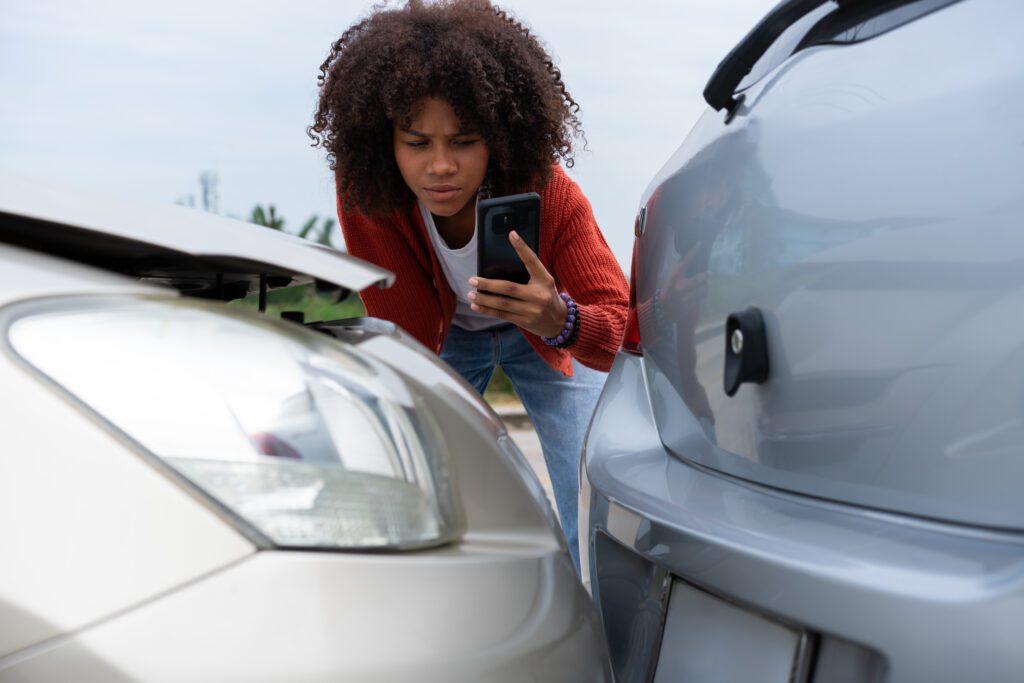




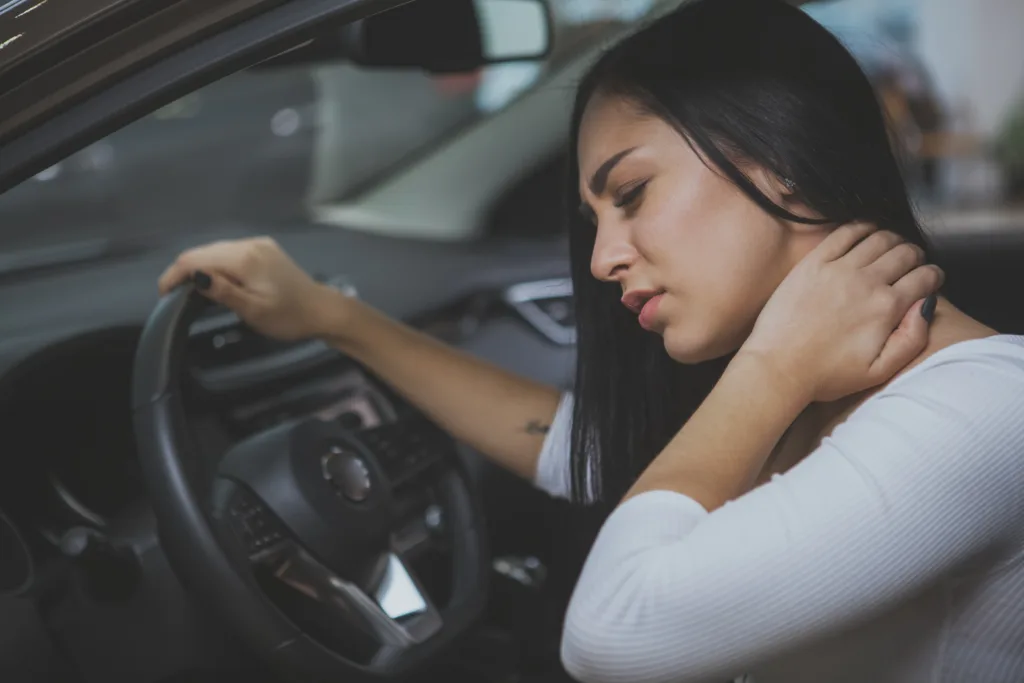


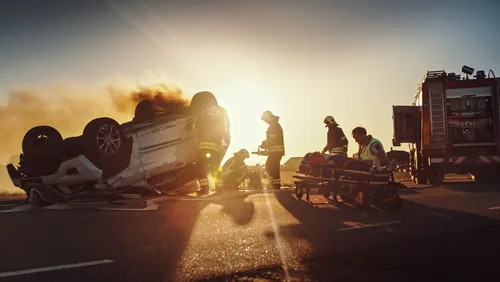

 Decorating Hazards:
Decorating Hazards: Factors such as speeding, drunk driving, distracted driving, and adverse weather conditions contribute to the increased danger on the roads. Practicing defensive driving, obeying traffic laws, avoiding distractions, and designating a sober driver can help reduce the risks associated with holiday driving.
Factors such as speeding, drunk driving, distracted driving, and adverse weather conditions contribute to the increased danger on the roads. Practicing defensive driving, obeying traffic laws, avoiding distractions, and designating a sober driver can help reduce the risks associated with holiday driving.